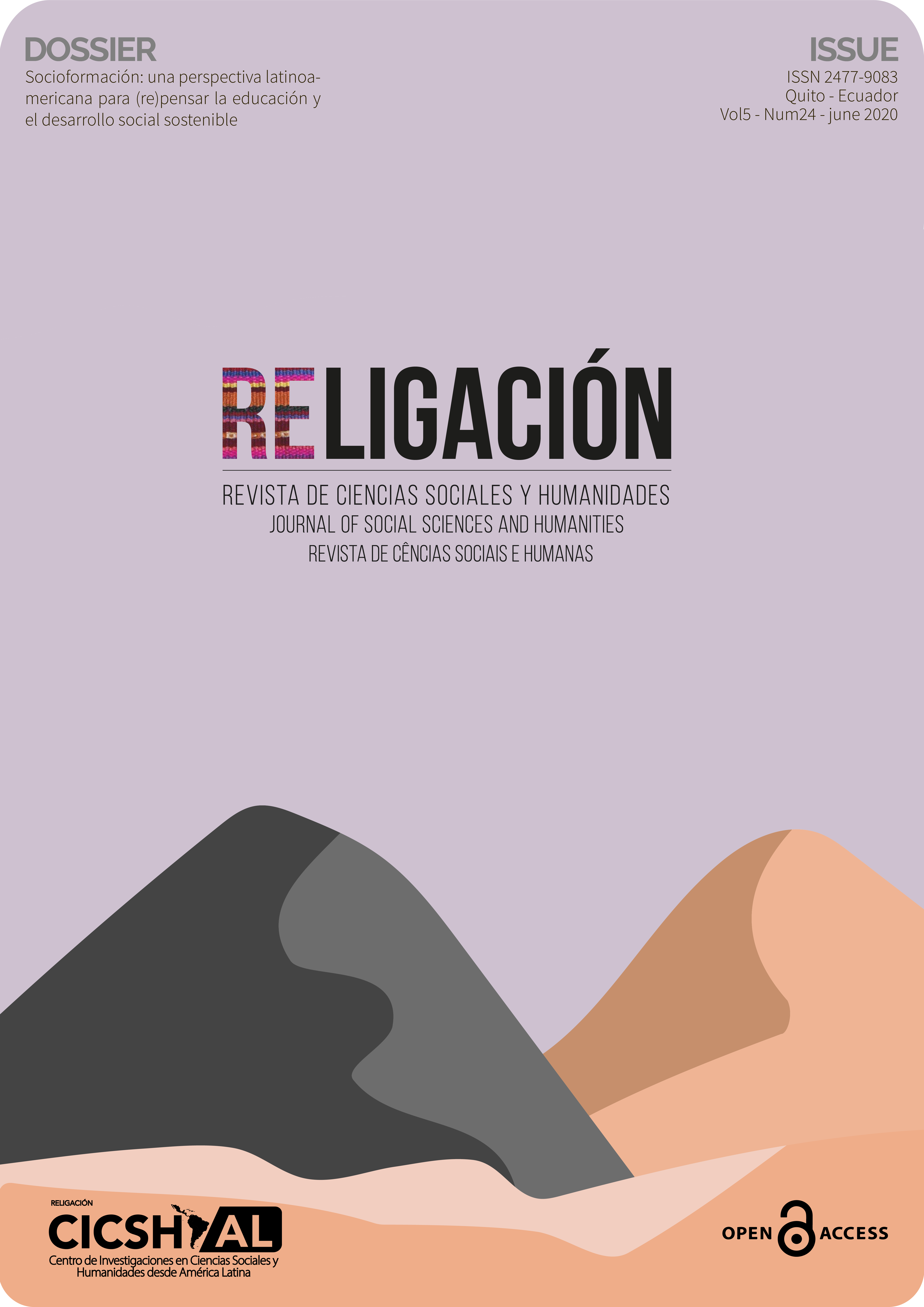
RELIGACIÓN
Yazarlar: Brenda Vivian Rico Rios
Konular:-
DOI:10.46652/rgn.v5i25.684
Anahtar Kelimeler:Bourdieu,Habitus,Field theory,Capitals
Özet: Pierre Bourdieu constantly pointed out that the social world is accumulated history. Therefore, from that accumulated history we position ourselves within a social world established prior to our own existence. This article aims to launch Bourdieu's ideas from a socio-analysis at the nodal points of his life, those that defined his thinking and his outlook on the world: on the one hand, the political and social conjunctures of his social context, the May 68 and the Independence of Algeria; On the other hand, his personal life, being a native of a city in the north of France, he confronted different fieldworks when he studied at the Lyceum in Paris, which makes him reflect on the role of economic capital and cultural capital within social fields. The epistemology of his critical thinking serves as a reference for understanding his central concepts: habitus, fields and capitals. For the social scientist, socio-analysis can be used to transform common problems into scientific problems, thus generating an own sociology.